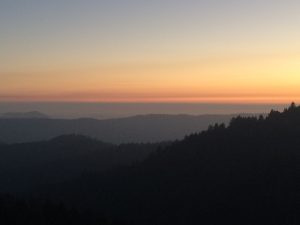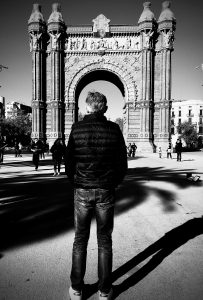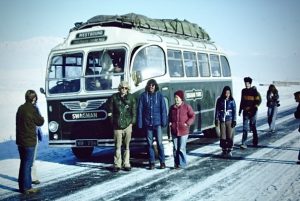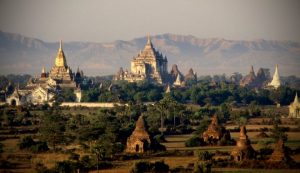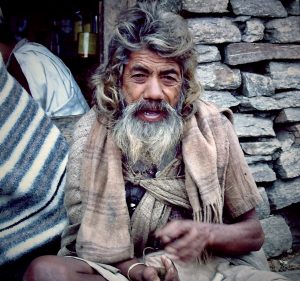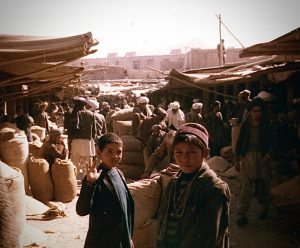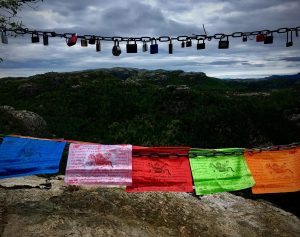I want a poem with legs
To walk around this great big world,
Striding over and into
Many places, cultures and times
And Into the hearthstone of my
Beloved fellow travelers
I want a poem that can pour a cuppa
And gently warm pairs of cold hands
Offering comforts for
the anxious movements and twitches
That accompany being a human
And aware
I want a poem with eyes to see
And witness the wrongs of the planet’s people
Or take in the illuminated awe-infused moments
With the tongue and lips
To tell the thousands of stories
Our faces have turned from burning in shame
Or the thousands of other tales of surviving
And thriving
To reflect the beauty within the pain
And the treasure within the tempest
I want a poem with ears to hear
The ancient songs
and whispered secrets of lovers
The glory-triumphant proclamations
Or the desperate screams of the forsaken
Vibrating with the waves of
Wonder
And the anguished cries of heartbreak
I want a poem with long reaching arms
To wrap around the little things
The tender things
That pulse with in each of us,
To hold us up against a mighty
chest of strength
Like our Papas taking us to bed,
When we pretend to sleep, nestled against
The familiar smells and calming wisdom
Of our elders,
I want a poem that offers the breast
Of the madonna,
Providing sustenance, healing and soothing
In heavenly manna freely flowing to all
And each as needed
Stopping the forever hunger for at least
These precious gulping moments
I want a poem with a rapid beating heart
And gasping lungs,
With the sweat of life long labors
And the vast relief of rest at long last
Alive with the exquisite perceptions
That beat with the love that longs to
Join in its harmonious rhythms
To the silver threads we weave and unravel
This poem I want is the desire to destroy
Our pathetic attempts at aggrandizement of
The tiny fears and failings
The lost in loneliness meanderings through
The dark woods and vast night skies of
Our need to be small and large at the same time
At the same time, to keep ignited the flame of hope
And wonder alight and alive
With trust.
I want a poem to heal us, to see the wholeness
Of us,
To acknowledge our deep need
With each other
Even as we oft work to distance ourselves from that
I want a poem that builds the bridge
Between us.


